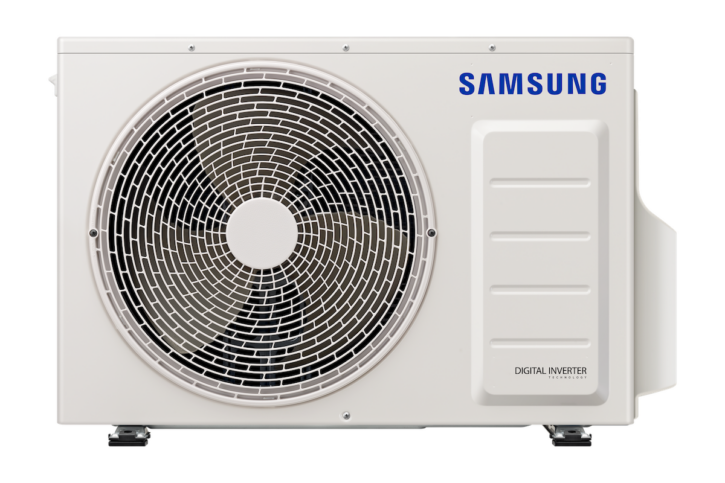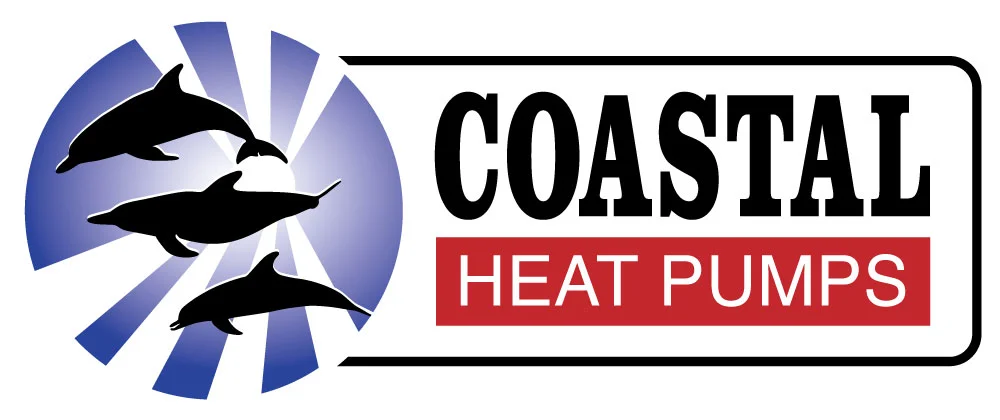
- by Tracy
- Heat Pumps, News, News2
2023 Heat Pump Trends & Technology
You may be surprised to learn that Heat pumps have been around for over 150 years. While the main function remains the same—heating and cooling an indoor space—today’s heat pumps are significantly different from those used over a century ago.
Similar to how computers that get faster and faster every year, heat pump technology is constantly evolving and improving.
This post reveals heat pump trends in 2023 to ensure you are up to speed on the latest and most efficient heat pump technology.
Air Source Heat Pumps Are Expected to Dominate the Market
Unlike combustion heating systems that depend on fuel, air-source heat pumps work similarly to your refrigerator; they absorb heat from a cool space and transfer it to a warm area. This is why when you touch the back of your refrigerator it is warm.
During winter, a heat pump absorbs and transfers heat from the cool outside air into your warm house. The pumps can also work as cooling systems during summer, moving heat from your home into the outdoors.
There are several reasons why air-source heat pumps are expected to dominate the market in 2023, these include the following:
They reduce energy bills
Air source heat pumps cool or warm a space by transferring heat between the outside air and your house. Because of advanced technology, today’s air-source heat pump can reduce heating electricity usage by approximately 50% compared to furnaces and baseboard heaters.
Additionally, an air-source heat pump can generate up to three times more heat energy for your house than the electrical energy they consume. That’s because it absorbs and transfers heat from the air instead of using electricity or burning fuel to produce heat.
Low carbon footprint
As mentioned, air-source heat pumps use less electricity than electric resistance heating (furnaces and baseboard heaters). Using power more efficiently reduces the fuel necessary to generate electricity and greenhouse gases resulting from power production. As a result, you lower your carbon footprint.
Can be used for both heating and cooling
Depending on the model, air-source heat pumps can heat your house during winter and cool it during summer. This ensures they efficiently provide comfortable temperatures in a home in any climatic condition.
Saves on space and is easy to install
Oil and gas boilers as well as other home heating systems—can take up more installation space. Oil-fired boilers require extra space for installing the oil storage tank. Gas boilers can take up additional space for pipework.
Air-source heat pumps take up a relatively small space and are easier to install than the alternatives mentioned because they don’t require fuel reservoirs or supply lines.
Saves on money
While air-source heat pumps may seem expensive upfront, they save you money in the long run and there are energy efficiency rebates available to offset the cost. They do not rely on fuel to heat your home, eliminating additional fees on fuel and delivery. Instead, they absorb heat from the air and conduct it to the warm space while using electricity efficiently.
Improved Efficiency
Like how computers get super-fast year in and year out, heat pumps are becoming more and more efficient.
The industry has efficiency requirements for residential heat pumps. A heat pump’s efficiency is measured through SEER2 and HSPF2 standards.
SEER2 stands for seasonal energy efficiency ratio, which represents a heat pump’s minimum standard cooling efficiency. HSPF2 stands for the heating seasonal performance factor, which means a heat pump’s minimum required heating efficiency.
The higher these ratings, the more energy efficient the heat pump. SEER2 and HSPF2 ratings have increased over the years, making heat pumps more energy efficient.
Improved Customization
Today’s heat pumps are highly customizable. So, it is easy to find a model that fits your home.
Assuming you are limited on space and want the flexibility of zoning individual rooms in your home. Ductless mini-splits—types of air-source heat pumps—are small in size, with several indoor air handling units for controlling the temperature in individual rooms. Ductless heat pumps require minimal construction during installation, and can be a great option for condos.
Alternatively, ducted heat pumps connect directly to your house’s central ductwork. If your home already has a ventilation system (or you are constructing a new one), ducted heat pumps might be a great option.
Solar-Assisted Heat Pumps
Residential heating and cooling have for years relied on fossil fuels. And still, most parts of the world rely on gas boilers and energy-hungry air conditioning. The result? High carbon footprint and increased temperature change.
For this reason, solar heat pumps are a promising solution to minimize emissions—solar is renewable energy.
A solar-assisted system uses a solar-collector panel and an air-to-water heat pump. It absorbs heat from the outdoor air to control temperatures in your home. It also uses solar energy to power components. As a result, solar-assisted heat pumps reduce electricity bills and carbon emissions.
Technology Advancement
The heat pump today is significantly different from that of the ’90s. Several revolutionary tech innovations are taking the performance of heat pumps to the next level.
Most old models of heat pumps are noisy, with disturbing cool drafts when the indoor fans run at full speed. Others keep turning on and off, trying to maintain the set temperatures.
Modern heat pumps come with speed control—variable-speed or dual-speed—motors on their fans. This ensures the air from the pump travels at a comfortable velocity to reduce cool drafts. The speed control motors also reduce noise when the indoor fans operate at full speed.
In 2023, you can find advanced heat pumps with high-performance compressors. The compressors allow modern heat pumps to operate precisely to the set temperatures without turning the system on and off.
Artificial Intelligence (AI) is also a noteworthy trend in heat pump technology. Some AI-equipped heating and cooling technologies can automatically monitor these factors:
- Indoor temperature
- Outdoor temperatures
- Set temperatures
- Operating times
As a result, AI-enabled heat pumps can learn patterns within your house and automatically adjust system operations. That way, you modernize your home and maximize comfort. Samsung’s WindFree technology is a good example of the mentioned technology advancements in heat pumps.
Coastal Heat Pumps is your go-to company for any residential heat pump installation or service in Victoria, BC. Book an in-home estimate and we will show you just how advanced heat pumps have become.

